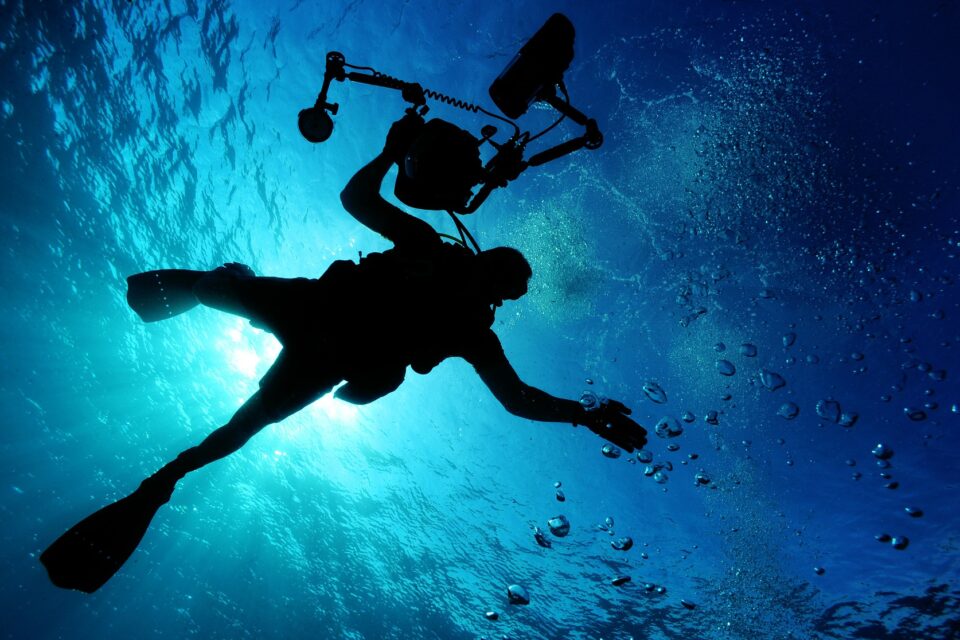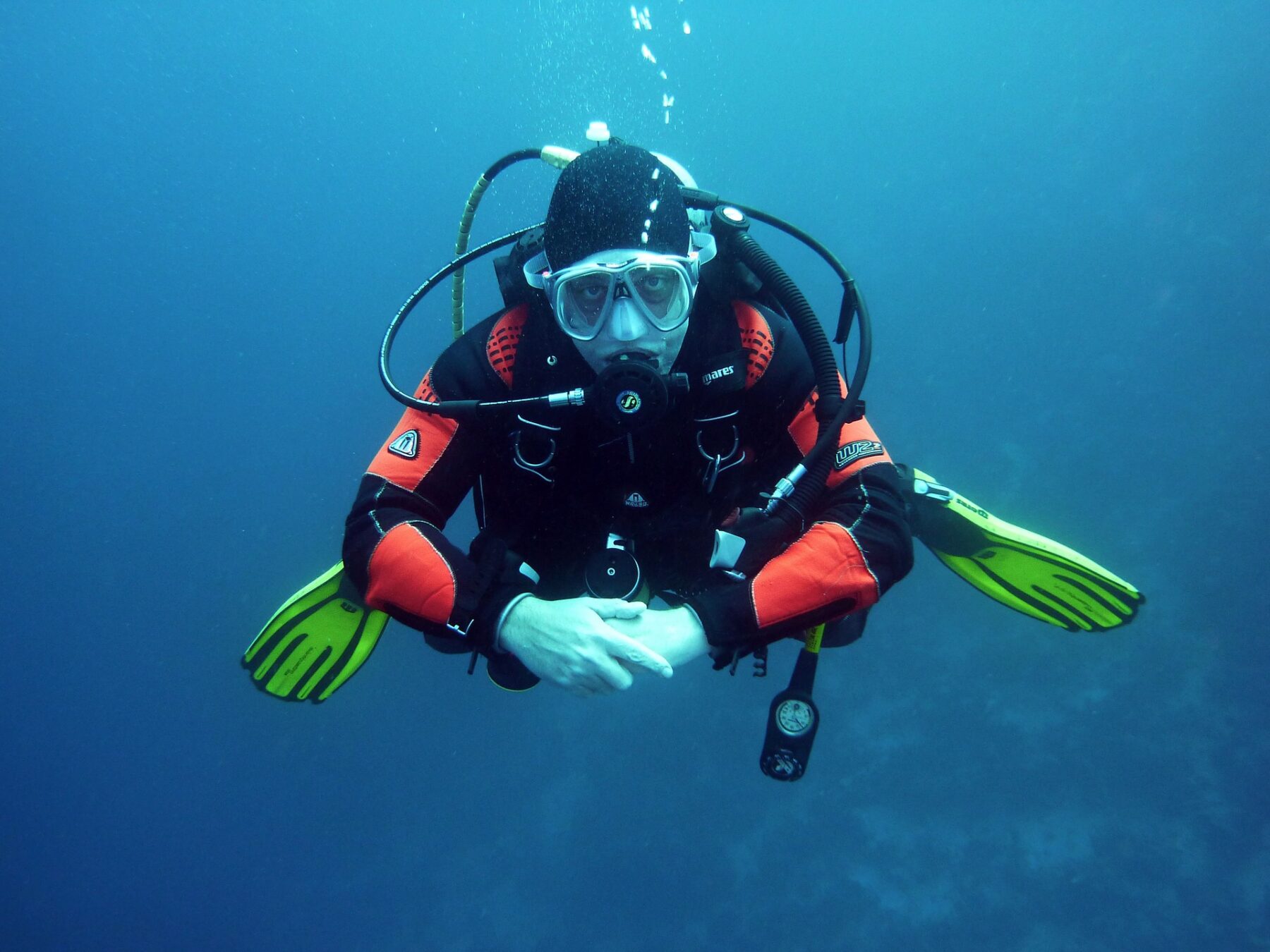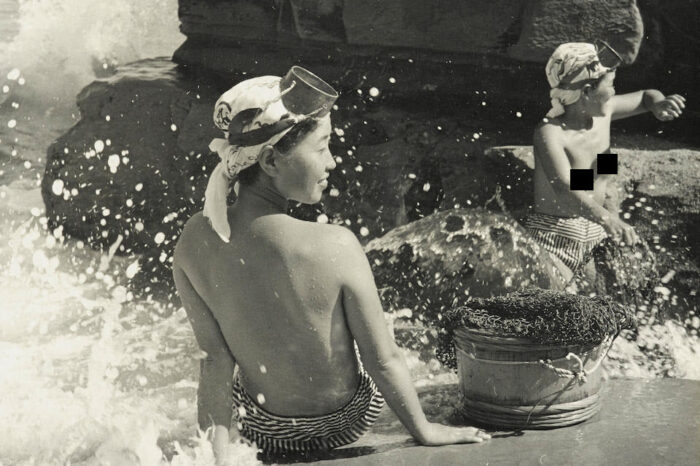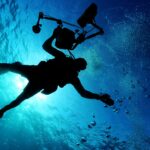Top 5 Factors That Increase Your Risk of the Bends

The Bends, also known as decompression sickness (DCS) occurs when nitrogen bubbles form in the blood, often causing severe joint pain. The common name “The Bends” comes from an affected person doubling (bending) overdue to the intense pain of the condition.
Original text by DAN (ScubaDiver Issue 3/2021 No.121)
Ascending too quickly and not following recreational diving guidelines are two main causes of decompression sickness. Other factors that may contribute to individual susceptibility are summarised below.
-
Exertion
The timing and intensity of exercise (also known as workload) during a dive can substantially affect a diver’s risk of DCS. Exertion increases blood flow and its gas carrying capacity. Consequently, exertion during descent and the deepest phase of a dive increases the amount of gas dissolved in tissues and the subsequent decompression stress. Mild exercise during decompression speeds up off-gassing. Exertion immediately following a dive can stimulate bubble formation and increase the likelihood of bubbles passing through the lungs without being filtered out of the circulation.
When possible, keep exertion to a minimum during the deepest part of a dive. After diving, avoid exercise as long as possible. If exertion is unavoidable, dive conservatively to minimise risk.
-
Thermal Stress
A diver’s body temperature can influence decompression risk. A warmer body absorbs more inert gas and releases it more readily. Conversely, a cooler body absorbs less gas during descent and releases less during ascent.
Divers using protective suits without active heating should avoid long exposure that may chill them toward the end of the dive. When using heated garments, a diver should stay comfortably cool at depth and warm during decompression. Staying comfortably warm during decompression and after a dive promotes inert gas elimination and reduces the risk of DCS. However, attempts to quickly rewarm after a dive, like taking a hot shower or bath may provoke decompression illness.
-
Postdive Air Travel
Flying after diving increases decompression stress because the pressure in an aircraft cabin is lower than atmospheric pressure on the ground. The recommended guidelines for flying after diving are as follows:
- After a single no-decompression dive, a minimum pre-flight surface interval of 12 hours is suggested.
- After multiple dives per day, or multiple days of diving, a minimum pre-flight surface interval of 18 hours is suggested.
- After dives requiring decompression stops, a pre-flight surface interval substantially longer than 24 hours is considered prudent.
Adhering to the guidelines above can reduce your risk but offers no guarantee against DCS. Observing surface intervals longer than the recommended minimums helps to further reduce a diver’s risk.
-
Medical and Physical Fitness
Poor health and physical fitness can compromise individual safety when diving and may increase risk of DCS. Regular exercise improves fitness and cardiovascular health, which translates into the ability to cope with emergencies and mitigates risk of DCS. Adults need two types of regular activity to maintain or improve their health: aerobic and strength training.
-
Breathing Gas Mixture
The breathing gas mixture a diver uses can play a role in the development of DCS. Enriched air nitrox, also known as nitrox, includes an increased percentage of oxygen and, therefore, a reduced percentage of nitrogen. When diving nitrox and using the decompression schedule for air diving, the risk of DCS is reduced. The higher oxygen content of nitrox comes with an increased risk of developing oxygen toxicity if a safe depth limit is exceeded.
Additional DCS risk factors include:
- State of Hydration
- Carbon Dioxide Level
- Patent Foramen Ovale
Note: Diving enriched air requires special training. Contact your local dive centre or resort to learn more.
While individual susceptibility to DCS may vary, every diver can reduce their risk of decompression sickness by ascending slowly from every dive and following recreational diving guidelines.

Ascending too quickly and not following recreational diving guidelines are two main causes of DCS, but other factors, such as exertion and postdive air travel, may contribute to individual susceptibility. Image by joakant from Pixabay
DAN exists to provide expert medical information for the benefit of the diving public. We offer real-time assistance with dive accidents and work to prevent injuries and promote dive safety. Learn more at DANAP.org
–

This article will appear in the upcoming ScubaDiver Issue 3/2021 No.121. Don’t miss out, reserve your copy by emailing marketing@asiangeo.com today! Look out for your digital copy here!


